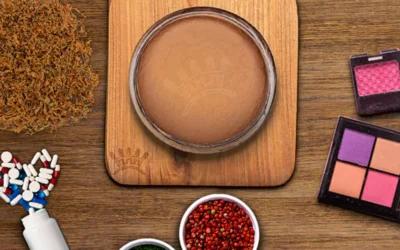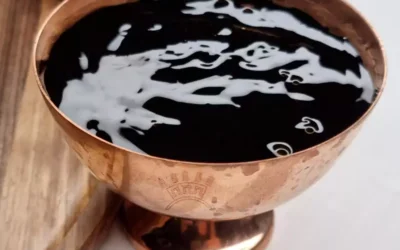The Effects of Licorice on COVID-19
Licorice has shown potential benefits in addressing symptoms and complications associated with COVID-19 due to its natural properties, including:
- Anti-viral Activities: Licorice contains compounds like glycyrrhizin that may inhibit virus replication and reduce viral load.
- Soothing Cough and Sore Throat: Its anti-inflammatory and soothing properties help alleviate respiratory discomfort.
- Reducing Airway Inflammation: Licorice aids in calming inflammation in the respiratory tract, improving airflow and easing breathing difficulties.
These properties highlight licorice as a supportive herbal remedy for managing some symptoms of COVID-19, though it should not replace medical treatments or vaccinations.
The Effects of Licorice on COVID-19
COVID-19, caused by the SARS-CoV-2 virus, is an infectious disease that was first identified in China in 2019. It quickly escalated into a global pandemic, affecting millions worldwide. The virus primarily targets the respiratory system, with common symptoms including cough, fatigue, fever, headache, loss of taste and smell, and breathing difficulties. While most cases present mild or moderate symptoms, some progress to critical stages, causing severe respiratory disorders and organ dysfunction.
Transmission of COVID-19
The virus spreads easily through airborne particles. It can enter the body via the nose, mouth, eyes, or even through contact with contaminated surfaces in rare cases. Crowded and enclosed spaces with poor ventilation increase the risk of transmission. Individuals with pre-existing conditions like heart disease, diabetes, respiratory problems, or cancer are at higher risk of severe symptoms.
When an infected person coughs, sneezes, or talks, they release droplets that can contaminate the air and surrounding surfaces, making the environment infectious.
Preventive Measures
To protect yourself and others from COVID-19:
- Stay at home whenever possible.
- Get vaccinated to reduce the risk of severe infection.
- Wear a proper mask in public places.
- Wash your hands frequently with soap or sanitizer.
- Maintain physical distance in crowded areas.
- Quarantine if you experience symptoms or have been exposed to the virus.
- Seek medical advice and follow prescribed treatments.
- Strengthen your immune system with a healthy diet, regular exercise, and adequate sleep.
How Licorice May Help with COVID-19
Licorice, known for its anti-viral, anti-inflammatory, and immune-boosting properties, has been explored as a supportive herbal remedy for managing some symptoms of COVID-19:
- Anti-Viral Activities: Licorice contains glycyrrhizin, a compound shown to inhibit virus replication in some studies.
- Respiratory Relief: Its soothing properties help reduce cough, sore throat, and airway inflammation, improving breathing.
- Immune Support: Licorice enhances the body’s defense mechanisms, helping it combat infections more effectively.
While licorice may offer supportive benefits, it should not replace medical treatments or preventive measures like vaccination and mask-wearing. Always consult a healthcare professional before using herbal remedies.
By combining scientific treatments with natural support like licorice, individuals may better manage symptoms and strengthen their overall health during the pandemic.
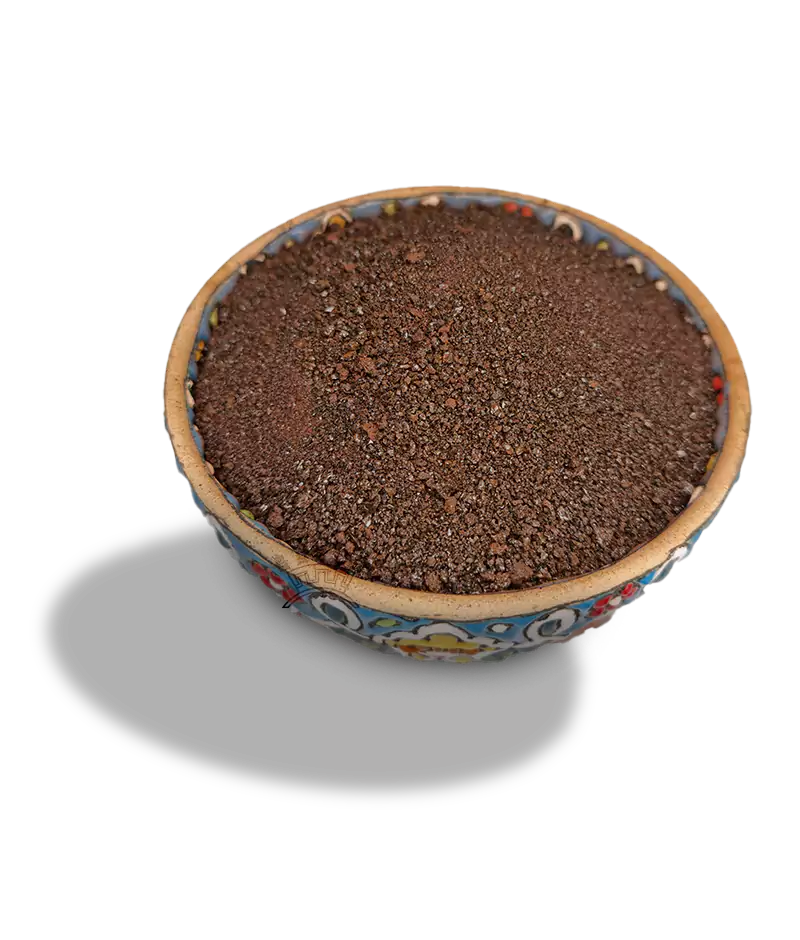
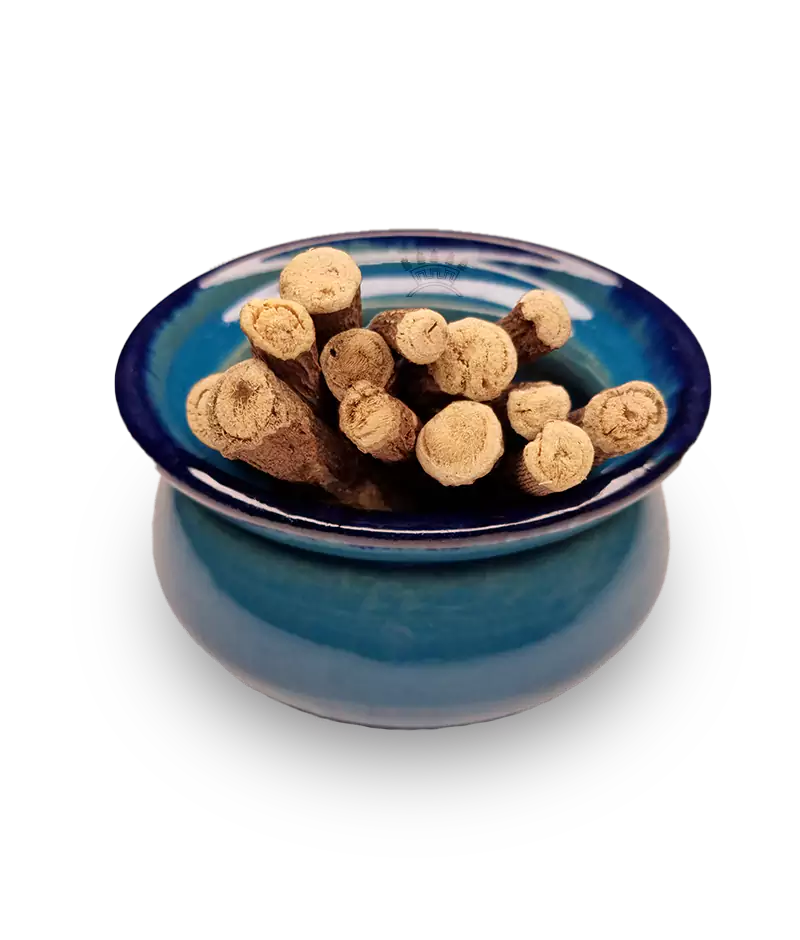
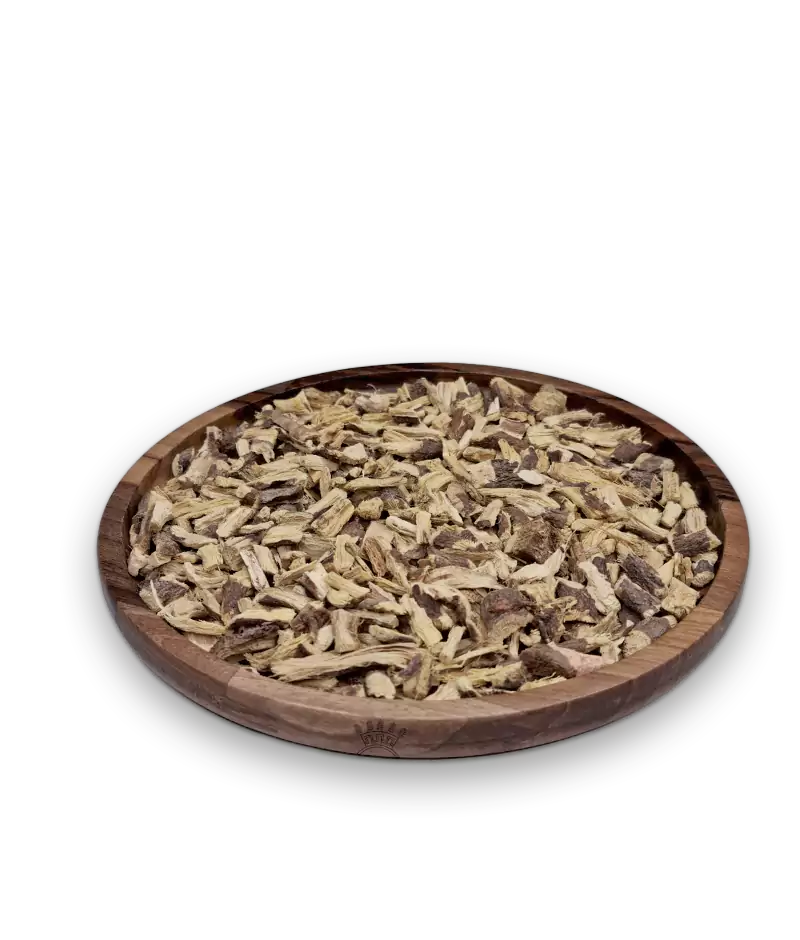
Licorice Structure
Licorice (Glycyrrhiza glabra), a wild herb, grows naturally in Southern Europe, Western Asia, and North Africa. Known for its distinctive sweet taste, which is about 50 times sweeter than sugar due to glycyrrhizin, licorice has been used in herbalism and traditional medicine for thousands of years.
Composition and Active Compounds
Research shows that licorice contains a variety of beneficial compounds:
- Triterpenoids: Natural glycosides with diverse bioactive properties.
- Flavonoids: Polyphenolic compounds found in flowers, tea leaves, grains, fruits, vegetables, and roots, known for their antioxidant, anti-inflammatory, and anti-cancer properties.
- Minerals: Licorice is rich in phosphorus, calcium, iron, magnesium, potassium, and other essential nutrients.
- Vitamins: Contains vitamin B and vitamin E, contributing to its immune-boosting and skin-protecting effects.
Health Benefits
Licorice offers a wide range of health benefits:
- Respiratory Health: Acts as an expectorant, clearing excess mucus and soothing sore throat and cough.
- Digestive Support: Relieves stomach acid, reflux, and digestive problems, and is effective in treating fatty liver.
- Anti-inflammatory and Anti-bacterial Properties: Helps combat infections, reduce inflammation, and treat conditions like eczema and canker sores.
- Immune System Support: Strengthens the body’s defenses and helps with weight management.
Key Bioactive Compounds
- Glycyrrhizin: An active compound responsible for its sweetness and therapeutic effects.
- Licochalcone A: A potent antioxidant found in licorice root extract, known for its ability to reduce oxidative stress.
Traditional Medicine Applications
Licorice has been a cornerstone in Chinese, Indian, and Persian traditional medicine, where it has been used to treat:
- Heartburn
- Cough and bronchitis
- Eczema and hair loss
- Sore throat and stress-related disorders
Industrial Applications
According to Sepidan Osareh Jonoob Co., a global leader in licorice production and export, licorice is widely utilized in:
- Cough syrups and lozenges to relieve sore throats.
- Pharmaceuticals, cosmetics, and food products due to its health benefits and versatility.
With a production capacity of 20 tons per day, Sepidan Osareh Jonoob Co. ensures high-quality licorice products that adhere to international quality control standards.
Conclusion
Licorice’s complex structure, rich in antioxidants, minerals, and bioactive compounds, makes it an invaluable herb for both traditional and modern applications. Its health benefits, combined with its versatile uses in pharmaceuticals, cosmetics, and food, underscore its enduring importance in global health and industry.
The Effect of Licorice on COVID-19
Licorice root has long been recognized for its anti-inflammatory, antiviral, and antibacterial properties, which make it a promising complementary treatment for respiratory illnesses, including those caused by the SARS-CoV-2 virus. Below is an overview of its potential benefits for COVID-19 and other respiratory diseases:
Antiviral Compounds in Licorice
- Glycyrrhizic Acid (GL):
- Binds to viral fusion proteins, inhibiting the virus from entering host cells.
- Shown to disrupt the interaction between the receptor-binding domain of SARS-CoV-2 and ACE2 receptors, preventing infection (Yu et al., 2020).
- Effective against SARS-COV, H1N1, and H5N1 influenza viruses.
- Flavonoids, Triterpenoids, and Saponins:
- Proven antiviral agents that inhibit virus replication.
- Help defend against DNA and RNA viruses.
- Glycyrrhizin:
- Reduces viral replication and weakens viral activity, including disrupting the virus’s gene replication process.
- In Chinese medicine, licorice has been used to treat SARS-COV and is now being explored as a treatment for COVID-19 (Zhang and Liu, 2020).
Respiratory Benefits
- Anti-Inflammatory Properties:
- Helps treat airway inflammation, common in diseases like asthma and bronchitis.
- Licorice lozenges and tea soothe throat inflammation and reduce cough.
- Bronchial Asthma and Bronchitis Relief:
- Studies show that glycyrrhizic acid slows the progression of bronchitis and can improve chronic lung changes caused by respiratory diseases.
- Post-Anesthesia Sore Throat:
- Gargling with licorice before anesthesia has been shown to reduce post-operative sore throat by half.
COVID-19 Specific Findings
- Immune and Cardiovascular Defense:
- Licorice protects against viral inflammation in the lungs and cardiovascular system.
- It destroys senescent cells that contribute to cytokine storms, a major complication in severe COVID-19 cases.
- ACE2 Interaction:
- Glycyrrhizin disrupts the interaction between SARS-CoV-2 and ACE2 receptors, effectively preventing the virus from entering cells.
- New studies (Yu et al., 2020) confirm glycyrrhizic acid’s anti-coronavirus activity.
- Patient Recovery:
- A case report showed a severe COVID-19 patient recovering after treatment with diammonium glycyrrhizinate (DG), a derivative of glycyrrhetinic acid (Ding et al., 2020).
Traditional Medicine and Licorice
In traditional Chinese medicine, licorice has been a cornerstone for treating respiratory infections, including SARS-COV. Licorice’s antiviral, antibacterial, and anti-inflammatory compounds continue to be explored as a natural remedy for COVID-19.
Conclusion
Licorice, through its glycyrrhizin content and other bioactive compounds, has demonstrated significant potential as a supportive treatment for respiratory infections, including COVID-19. While its effectiveness in preventing and managing COVID-19 symptoms has been noted in several studies, it should be used alongside standard medical treatments. Always consult a healthcare provider before incorporating licorice into your care regimen.
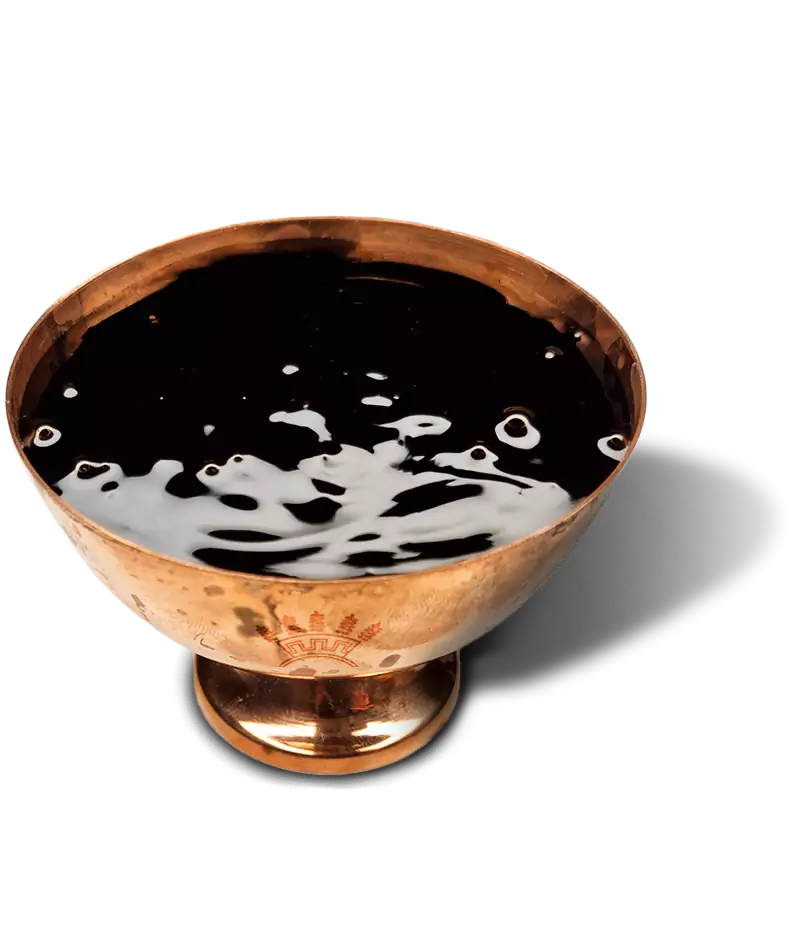
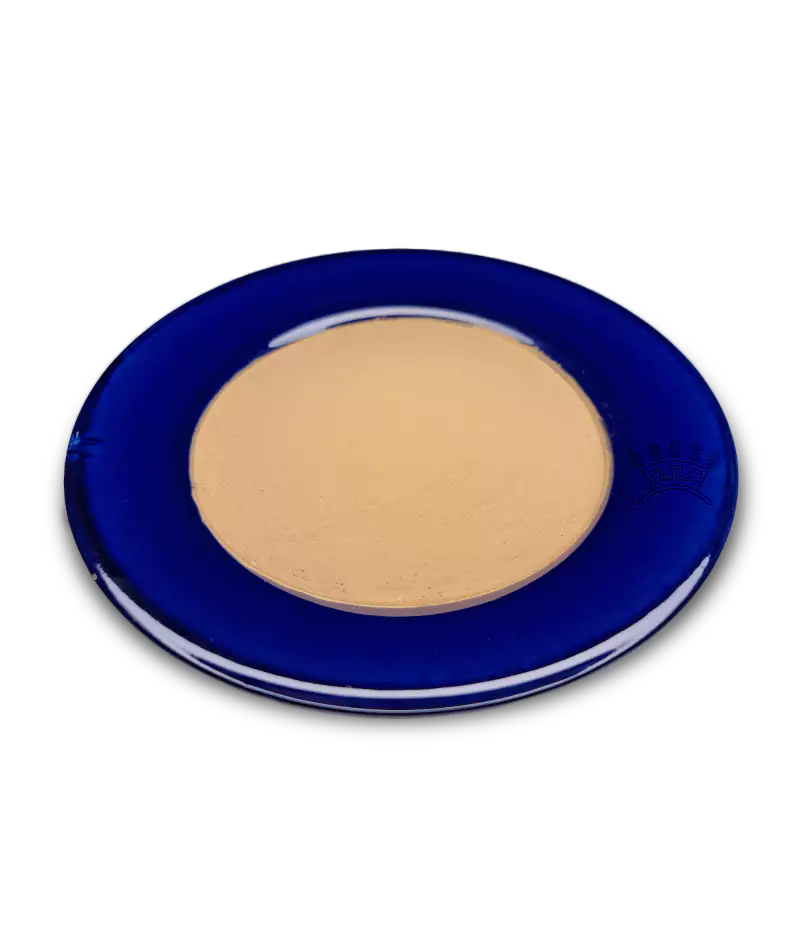
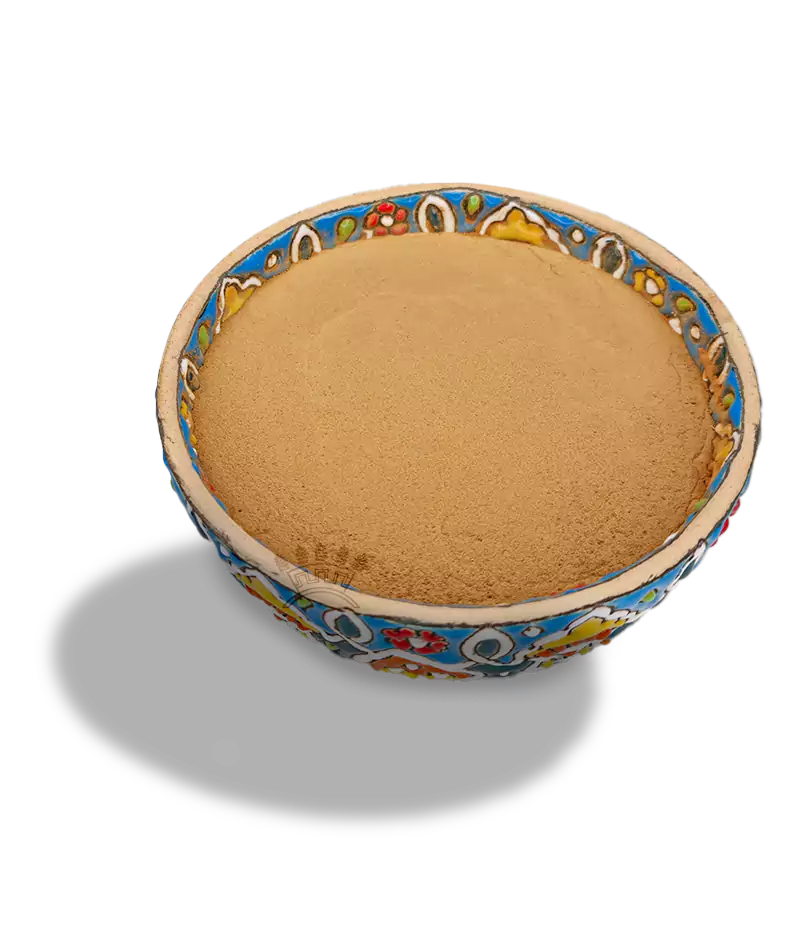
Licorice
Caution
Since COVID-19 is a relatively new pandemic (first identified in 2019), extensive research is still needed to fully understand its nature and treatment options. While some studies suggest that licorice may have beneficial effects on COVID-19 symptoms due to its antiviral and anti-inflammatory properties, it is important to note that licorice is not a definitive cure for the disease.
Further rigorous academic research and clinical trials are required to validate the effectiveness of licorice in managing or treating COVID-19. It should be used as a complementary approach alongside standard medical treatments, under the guidance of healthcare professionals.
Do not Overuse Licorice
Licorice is generally regarded as a safe food ingredient when consumed in moderation and at standard levels. However, excessive consumption can pose health risks. Individuals with the following conditions should exercise caution and consult their doctor before using licorice:
- Diabetes
- High blood pressure
- Liver or kidney issues
- Pregnancy or breastfeeding
- History of stroke or heart attack
Excessive licorice intake can lead to:
- Decreased potassium levels
- Irregular heart rhythms
- Muscle weakness and fatigue
- High blood pressure
To avoid these complications, it is recommended to use licorice responsibly and seek medical advice if you have any health concerns.
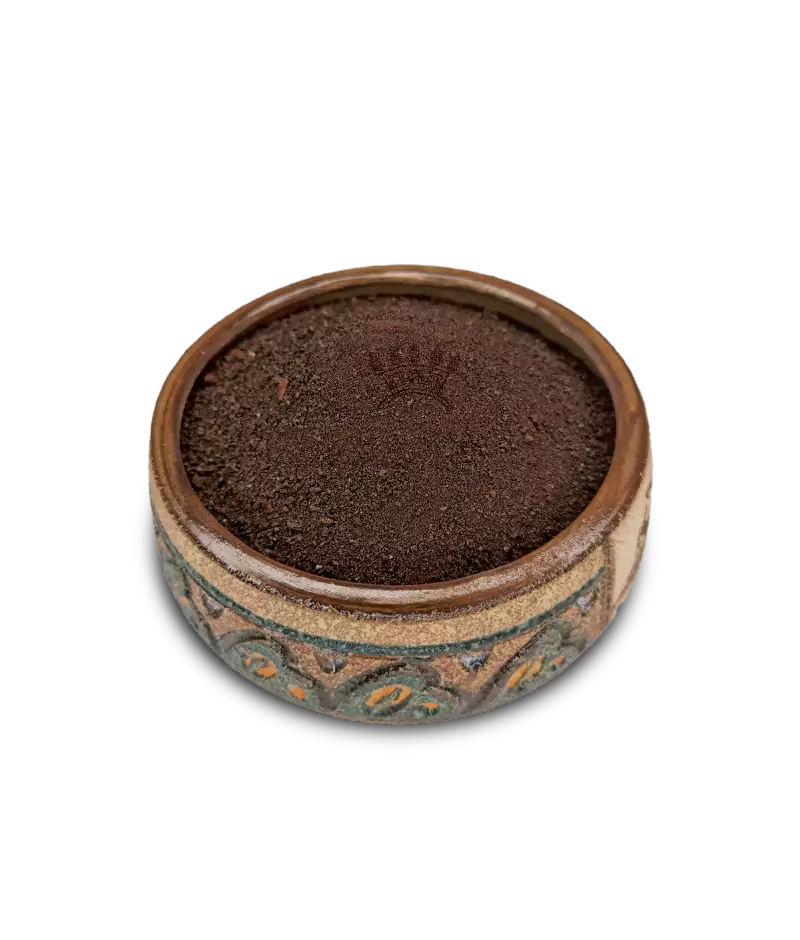
References
- Adel A. Gomma, Yasmin A. Abdel Wadood, The potential of glycyrrhizin and licorice extract in combating COVID-19 and associated conditions, (2021), Beni-Suif University, Egypt.
- Ding and colleagues, Glycyrrhetinic acid and its derivatives as potential alternative medicine to relieve symptoms in non-hospitalized COVID-19 patients, (2020).
- Yu and colleagues, Glycyrrhizic acid exerts inhibitory activity against the spike protein of SARS-CoV-2, Phytomedicine, (2020).
- Zhang and colleagues, Potential interventions for novel coronavirus in China: a systematic review, (2020).
- Shokripour, Ahmad, (Interview: November 27, 2021), Sepidan Osareh Jonoob Company, Iran.
- Ameri, A., Farashahinejad, M., Davoodian, P., et al., Efficacy and safety of licorice (Glycyrrhiza glabra) in moderately ill patients with COVID-19: a randomized controlled trial, Inflammopharmacology, 31, 3037–3045, (2023).
- Source: Springer Link
- Yang, R., Yuan, B., Ma, Y., et al., Research Progress on the Antiviral Activity of Glycyrrhizin and its Derivatives, Frontiers in Pharmacology, 12, 680674, (2021).
- Source: Frontiers in Science
- Hoever, G., Baltina, L., Michaelis, M., et al., Antiviral activity of glycyrrhizic acid derivatives against SARS-coronavirus, Journal of Medicinal Chemistry, 48(4), 1256-1259, (2005).
- Murck, H., Symptomatic protective action of glycyrrhizin (licorice) in COVID-19 infection?, Frontiers in Immunology, 11, 1239, (2020).
- Li, H., Yang, L., Liu, F., et al., Overview of therapeutic drug research for COVID-19 in China, Acta Pharmaceutica Sinica B, 10(7), 1163-1172, (2020).
Latest Licorice Articles and News
Interview with the CEO of Sepidan Osareh Jonoob Co.
Interview with the CEO of Sepidan Osareh Jonoob Co. Mr Meysam Shokripour The licorice plant is an ancient herb that our ancestors have long used to treat various ailments. It is known by different local names across various regions of Iran, such as "Riše-ye...
Licorice Fields of Use
Licorice Fields Of Use Licorice has a wide range of applications across various industries, including cosmetics, pharmaceuticals, confectionery, food and beverages, traditional medicine, herbal remedies, and the tobacco industry. BackgroundLicorice: A Versatile...
Licorice in Skincare
Licorice in Skincare Using licorice in skincare products is due to its beneficial properties, such as healing redness and itching, brightening the skin, and providing protection against sun rays, among others. BackgroundLicorice: A Versatile Perennial Plant...


